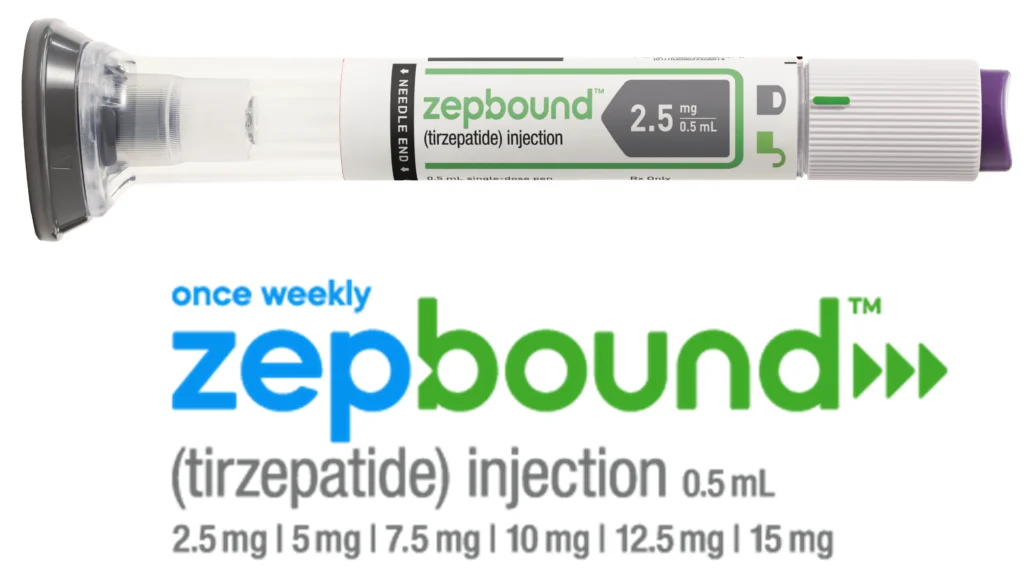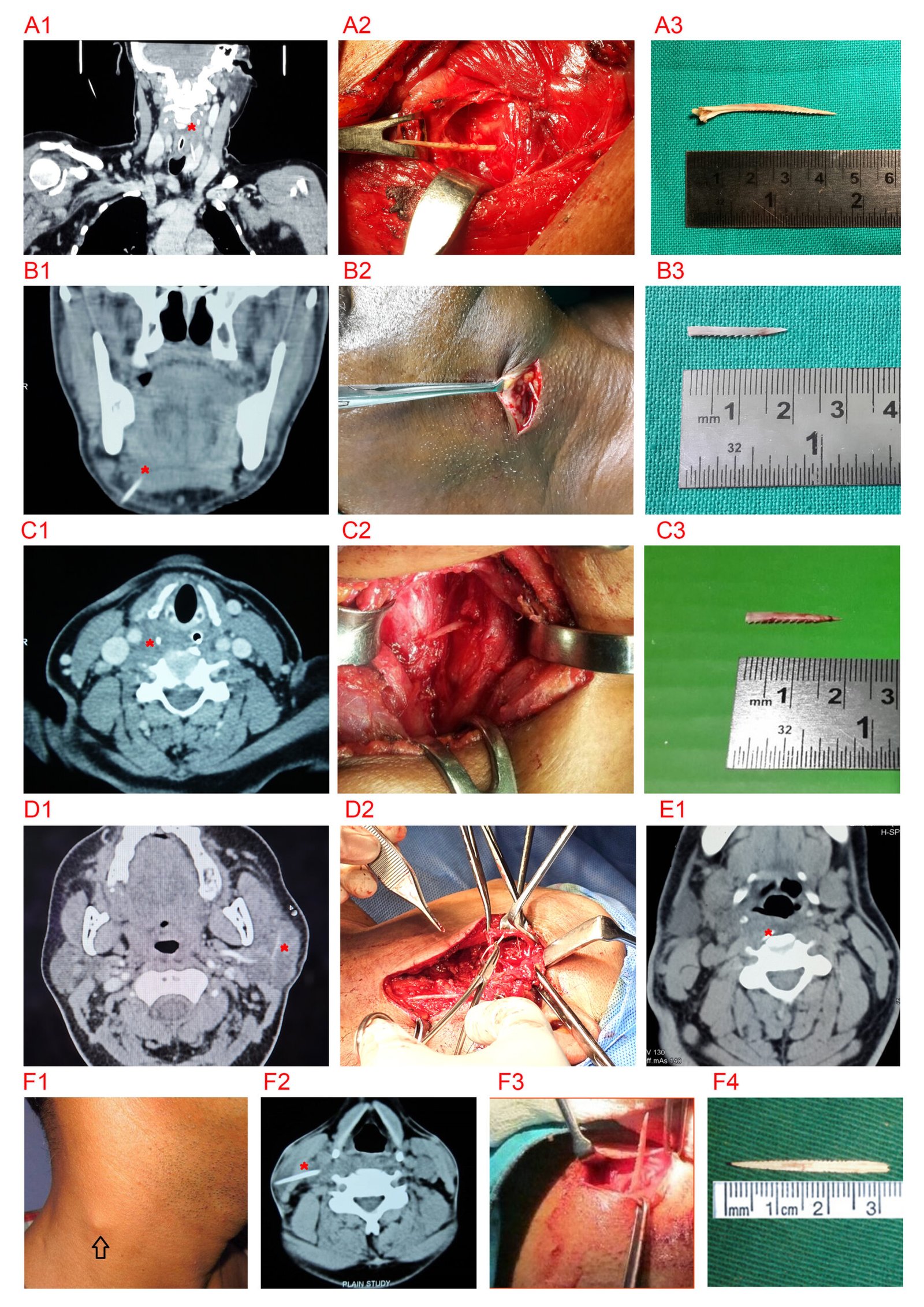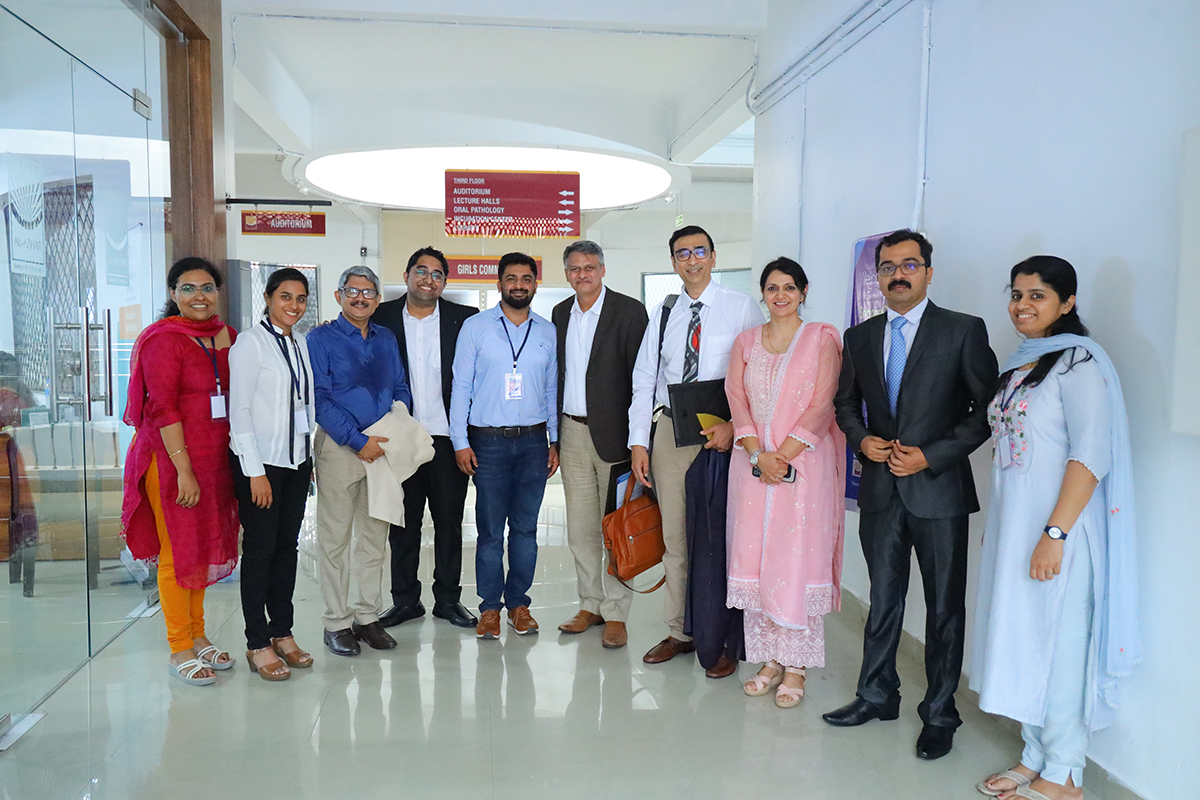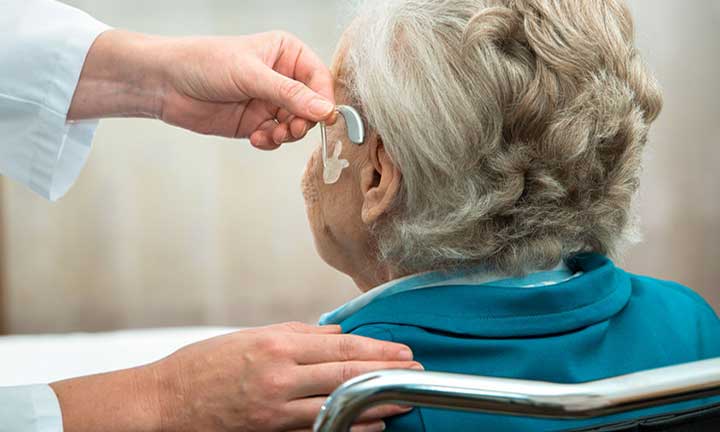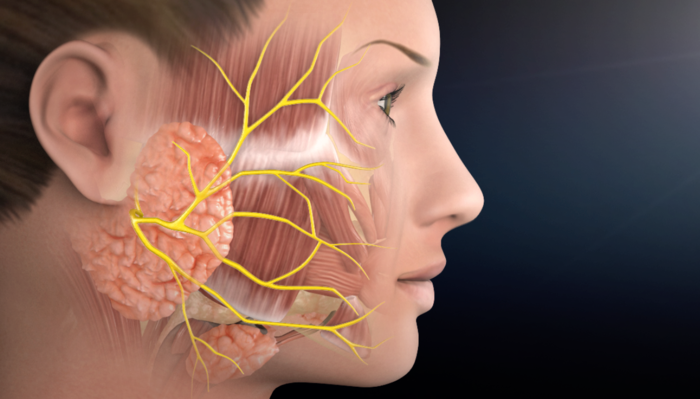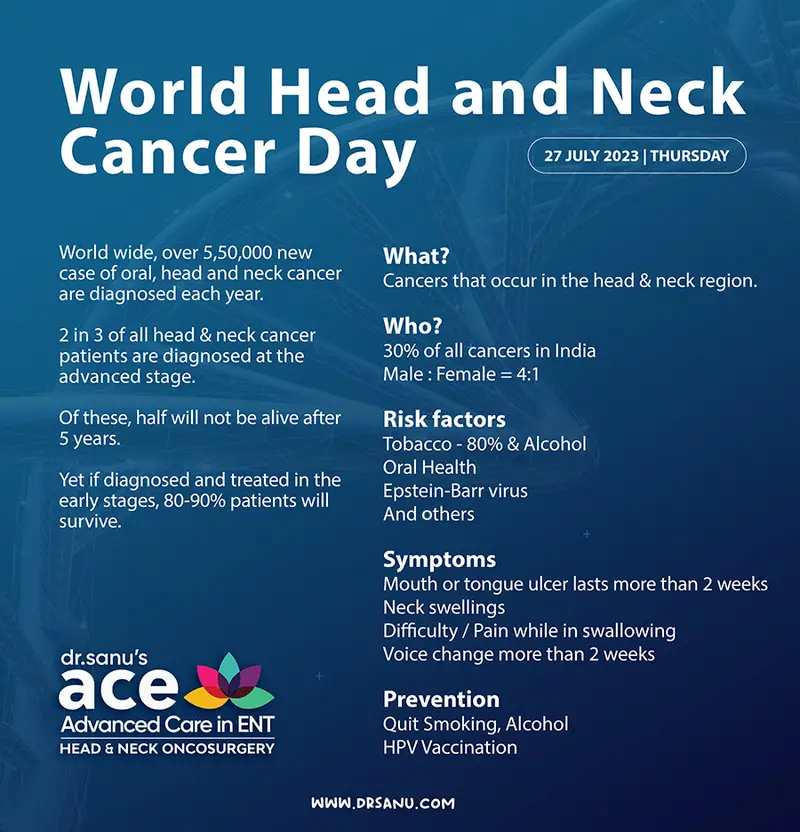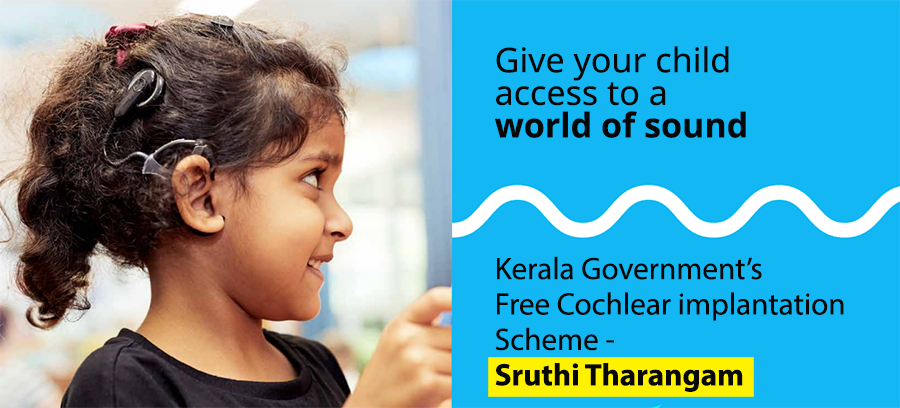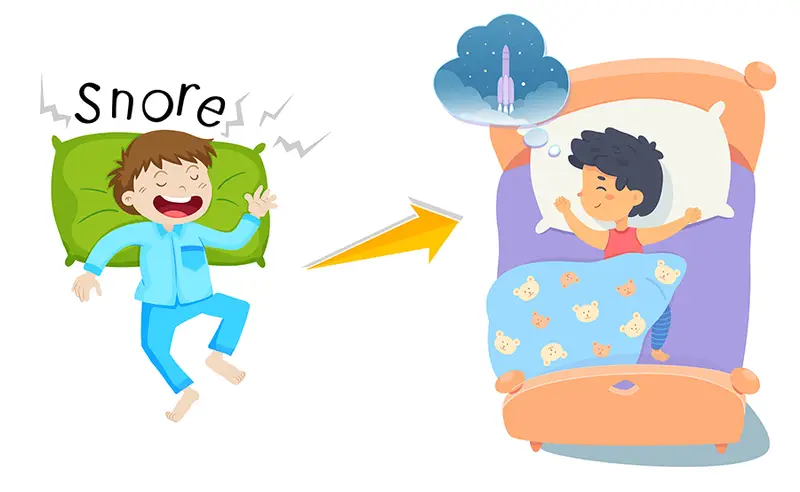“Blog” provides latest contents and news relevant with otolaryngology practice. These include latest news, interviews, updates, reviews, technological advances etc.
FDA Approves Tirzepatide (Zepbound) as the First Medication for Obstructive Sleep Apnea
Obstructive Sleep Apnea (OSA), a common yet underdiagnosed condition affecting millions globally, has reached a turning point in its treatment landscape. The U.S. Food and Drug Administration (FDA) recently approved […]
Posted on
Lost and Found: Surgical Adventures in Migratory Foreign Body Cases
The field of otolaryngology (ENT) often presents unique challenges, but few are as intriguing and complex as the phenomenon of migratory foreign bodies in the upper aerodigestive tract. Recently, our […]
Posted on
Endoscopic Scarless Thyroid Surgery: Advanced Techniques for Better Outcomes
We are excited to offer the latest in Endoscopic Scarless Thyroid Surgeries, utilizing innovative techniques to improve both health and cosmetic outcomes for patients. These procedures focus on providing a […]
Posted on
Apple’s Latest Health Features: Revolutionizing Sleep and Hearing Care with Apple Watch and AirPods Pro 2
Apple is pushing the boundaries of health technology with its latest updates to the Apple Watch and AirPods Pro 2, now featuring tools to monitor sleep apnea and hearing health. […]
Posted on
Understanding Your Sleep Study Report: A Simple Guide to Sleep Study Terms
Sleep is more than just closing your eyes; it’s a crucial part of feeling good and staying healthy. If your doctor suspects something might be wrong with your sleep, the […]
Posted on
How I do it?: Carolyn’s Window Approach To Unilateral Frontal Sinus Surgery
Endoscopic frontal sinus surgery is a highly specialized procedure that aims to address various pathologies within the frontal sinuses, such as chronic sinusitis, benign and malignant tumors, and other anatomical […]
Posted on
SnoozeCon 2024: A Resounding Success in Advancing Sleep Surgery
The first chapter of SnoozeCon 2024, conducted on May 05, 2024 was an extraordinary gathering of 116 dedicated delegates from across the medical spectrum, including ENT specialists, dentists, and pulmonologists, all […]
Posted on
Connection between Hearing loss and Dementia / Alzheimer’s disease
Hearing loss has long been considered a natural part of aging, but emerging research continues to highlight its profound impact on brain health. Age-related hearing loss (Presbycusis) is a condition […]
Posted on
The Vital Role of Monoclonal Antibodies in Allergic Rhinitis and Chronic Rhinosinusitis with Nasal Polyposis
Allergic rhinitis (AR) and chronic rhinosinusitis with nasal polyposis (CRSwNP) are common inflammatory conditions of the upper airways that significantly impact patients’ quality of life. Though both are distinct upper […]
Posted on
Mammary Analog Secretory Carcinoma of Salivary Glands
Mammary analog secretory carcinoma (MASC), also known as secretory carcinoma, is a recently identified type of low-grade malignant tumor found in salivary glands. It has been officially recognized in the […]
Posted on
Is it normal to breathe only through one nostril? Nasal cycle demystified!
Certain individuals might observe a disparity in their breathing, with one nostril allowing more airflow while the other feels less accommodating for deep inhalation. This phenomenon could be attributed to […]
Posted on
World Head and Neck Cancer Day! Join the Fight Against Head & Neck Cancer
Cancer, an adversary that knows no boundaries, continues to impact lives around the world. Among its many forms, head and neck cancer stands as a formidable challenge, affecting thousands of […]
Posted on
Sruthi Tharangam – Kerala Government Cochlear Implantation project
Cochlear implants are proven options for the treatment of profound hearing loss. “Sruthi Tharangam” is a Kerala state government aided free cochlear implantation program for kids less than 3 years […]
Posted on
Gayathri’s Adenoidectomy: How One Procedure Changed a Little Girl’s Life?
Sleep disturbed breathing is a common condition that affects both children and adults. For children, this condition can be particularly problematic as it can impact their physical and cognitive development. […]
Posted on
World Sleep Day
World Sleep Day is an annual event that is observed on the Friday before the spring equinox. The event is organized by the World Sleep Society, which is dedicated to […]
Posted on
